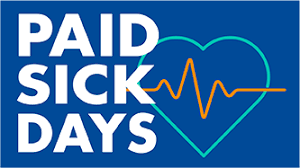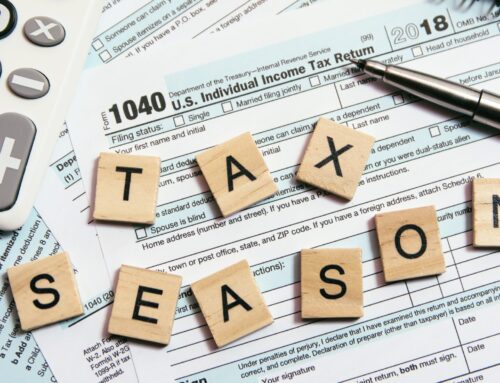The Public Health Emergency (PHE) that was instated due to COVID is still in effect and will remain in effect at least until January 11, 2023, when it is evaluated once more. Most recently, the PHE evaluation date was set for November 10, 2022, but was extended on October 13, 2022—this COVID-related PHE can be extended in intervals of 90 days. Furthermore, the Biden administration intends to offer 60 days advance notice if the PHE status is to end.
For those who need a refresher on the details, the PHE mandate states that employers must provide employees with up two weeks of paid (80 hours) for COVID-related reasons. These 80 hours are the same 80 hours made available to employees back in the beginning of 2021. Employees should not have received another 80 hours for 2022, unless they were newly hired employees in which case, they would begin with a balance of 80 PHE sick leave hours. Without getting too far ahead, it’s important to take note this mandate (PHE) is not the same as the Colorado Sick Leave for employees. We will get into further detail regarding this policy later on.
PHE leave can be used for a multitude of COVID-related reasons, and employees don’t need to provide any documentation to their employers associated with their leave. Some examples of COVID-related reasons are as follows:
- Illness with COVID-related symptoms
- Quarantining due to exposure to COVID
- Vaccination and side effects, COVID testing
- Inability to work due to susceptibility of COVID based on health conditions
- COVID-related needs of family such as staying home with sick child
You may have noticed that an employee doesn’t necessarily have to have COVID or tested positive in order to use PHE leave for COVID-related reasons.
This emergency leave requirement will remain instituted as long as the ‘state emergency’ remains ongoing declared by the state or federal government. As of now, both declarations remain as active. Once an evaluation occurs that terminates the PHE status, employees will still be able to use PHE leave up to 4 weeks after the mandate concludes.
A final note regarding PHE leave: currently, Monkeypox hasn’t been declared a public health emergency, and therefore PHE leave does not apply to Monkeypox-related conditions. (However, employees can still use Colorado Sick Leave for reasons related to Monkeypox, which we’ll get into next).
Not to be confused with PHE sick leave, Colorado Sick Leave (HFWA) is an entirely separate policy that just so happened to be instituted around the same time that the COVID pandemic was at its peak. This policy was implemented not due to COVID, and most likely would’ve been passed and instituted regardless of the pandemic. It is not a temporary policy and will remain implemented permanently.
In 2021, only larger businesses were required to provide Colorado Sick Leave, however, as of 2022, all business have been required to provide this benefit.
Employees being accruing sick hours at the start of employment at a rate of 1 hour for every 30 hours worked. Employees are allowed to accrue up to 48 hours of Colorado Sick Leave per year and may carry any unused time over from a previous year. However, employees cannot accrue past 48 hours, nor can they use more than 48 hours of Colorado Sick Leave per year. Employees may use Colorado Sick Leave for various types of reasons:
- Mental or physical illness, injury, health condition that needs diagnosing or preventative measures such as vaccination
- Caring for family members who fit the conditions of the above circumstances
- Employee or family member of the employee has suffered domestic abuse, sexual assault, or criminal harassment resulting in employee needing to be absent from work for reasons related to these circumstances
- Closure of school of employee’s child or closure of place of business where employee works due to public health emergency
You may notice that these stipulations are similar to the reasons associated with PHE as the employee doesn’t necessarily need be affected directly by conditions. Although, please allow this to be the only comparison between the two policies; I don’t mean suggest that they’re the same entity at all.





